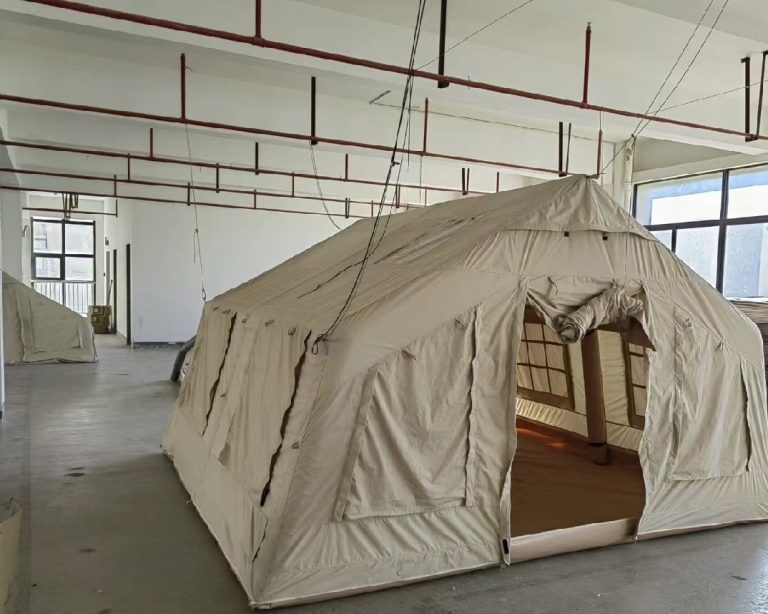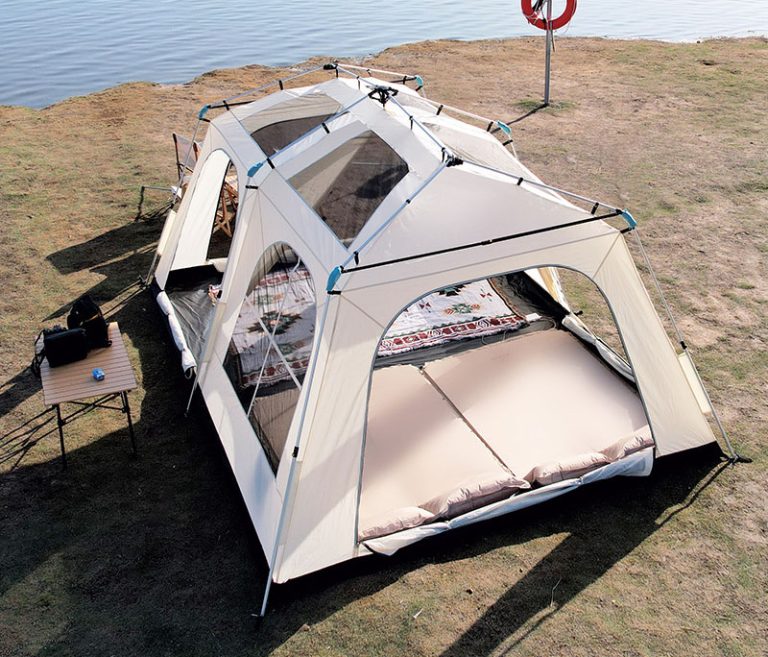Table of Contents
Benefits of Using a lab chiller for Temperature Control
Temperature control is a critical aspect of many laboratory processes, as even slight fluctuations can have a significant impact on the outcome of experiments. One of the most effective tools for maintaining precise temperature control in a laboratory setting is a lab chiller. lab chillers are specialized refrigeration units designed to cool fluids to specific temperatures, making them ideal for a wide range of applications in research, testing, and production environments.
One of the primary benefits of using a lab chiller is the ability to maintain consistent temperatures throughout the duration of an experiment. This is particularly important for experiments that require precise temperature control, as even minor fluctuations can alter the results. lab chillers are equipped with advanced temperature control systems that allow users to set and maintain specific temperature levels with a high degree of accuracy. This ensures that experiments are conducted under optimal conditions, leading to more reliable and reproducible results.
In addition to maintaining consistent temperatures, lab chillers also offer the advantage of rapid cooling capabilities. Many experiments require samples to be cooled quickly to a specific temperature, and lab chillers are able to achieve this much faster than traditional cooling methods. This can save valuable time during experiments and allow researchers to move on to the next step more efficiently.
Another benefit of using a lab chiller is the ability to control the temperature of multiple samples simultaneously. lab chillers are available in a range of sizes and configurations, allowing users to cool multiple samples at once without sacrificing temperature control. This is particularly useful for high-throughput experiments or when working with large volumes of samples.
lab chillers are also highly versatile and can be used in a variety of applications across different industries. From pharmaceutical research to food and beverage production, lab chillers are essential tools for maintaining temperature control in a wide range of processes. Their flexibility and reliability make them a valuable asset for any laboratory or production facility.
Furthermore, lab chillers are designed to be energy-efficient, helping to reduce operating costs and minimize environmental impact. Many models are equipped with advanced cooling technologies that optimize energy consumption while still providing superior temperature control. This not only saves money in the long run but also contributes to sustainability efforts by reducing energy consumption and greenhouse gas emissions.
In conclusion, the benefits of using a lab chiller for temperature control are numerous and significant. From maintaining consistent temperatures to rapid cooling capabilities and energy efficiency, lab chillers offer a range of advantages that make them indispensable tools for any laboratory or production environment. By investing in a high-quality lab chiller, researchers and industry professionals can ensure that their experiments are conducted under optimal conditions, leading to more accurate and reliable results.
How to Properly Maintain and Clean Your lab chiller
A lab chiller is an essential piece of equipment in any laboratory setting. It is used to maintain a consistent temperature for various experiments and processes. Proper maintenance and cleaning of your lab chiller are crucial to ensure its longevity and efficiency. In this article, we will discuss the steps you need to take to properly maintain and clean your lab chiller.
First and foremost, it is important to regularly inspect your lab chiller for any signs of wear and tear. Check for leaks, unusual noises, or any other abnormalities that may indicate a problem. If you notice any issues, it is best to address them promptly to prevent further damage to the chiller.
One of the most important aspects of maintaining your lab chiller is to regularly clean the condenser coils. Over time, dust and debris can accumulate on the coils, reducing the chiller’s efficiency. To clean the coils, first, disconnect the chiller from the power source and allow it to cool down. Use a soft brush or vacuum cleaner to remove any dirt or debris from the coils. Be careful not to damage the coils while cleaning them.
In addition to cleaning the condenser coils, it is also important to check and replace the chiller’s filters regularly. Filters help to prevent dust and other particles from entering the chiller and affecting its performance. Check the filters for any signs of clogging or damage, and replace them as needed. This simple step can help to prolong the life of your lab chiller and ensure that it operates efficiently.
Another important maintenance task is to check the coolant levels in your lab chiller. Low coolant levels can cause the chiller to overheat and malfunction. Check the coolant levels regularly and top up if necessary. Be sure to use the correct type of coolant recommended by the manufacturer to avoid damaging the chiller.
It is also important to regularly check the water levels in your lab chiller if it is a water-cooled system. Low water levels can cause the chiller to overheat and may lead to serious damage. Check the water levels regularly and top up as needed. Be sure to use distilled water to prevent mineral buildup in the chiller.
In addition to these maintenance tasks, it is also important to schedule regular professional maintenance for your lab chiller. A qualified technician can inspect the chiller for any potential issues and perform any necessary repairs or adjustments. Regular professional maintenance can help to prevent costly breakdowns and ensure that your lab chiller operates efficiently.
In conclusion, proper maintenance and cleaning of your lab chiller are essential to ensure its longevity and efficiency. By regularly inspecting and cleaning your chiller, checking and replacing filters, monitoring coolant and water levels, and scheduling professional maintenance, you can help to prolong the life of your lab chiller and ensure that it operates at its best. Taking care of your lab chiller will not only save you time and money in the long run but also help to ensure the success of your experiments and processes.





